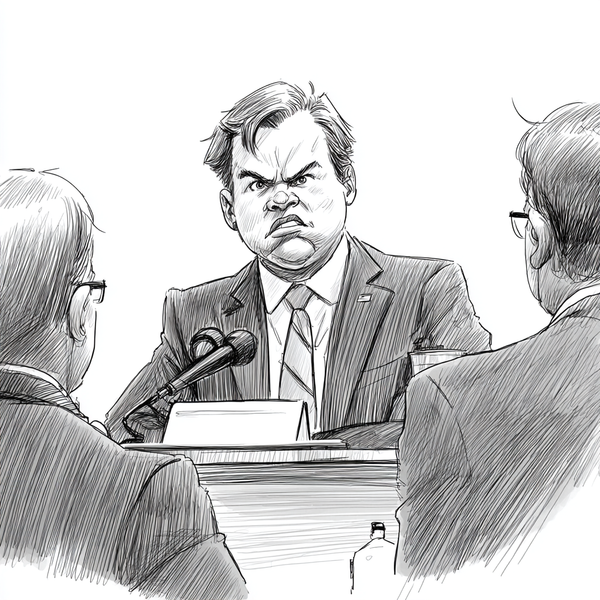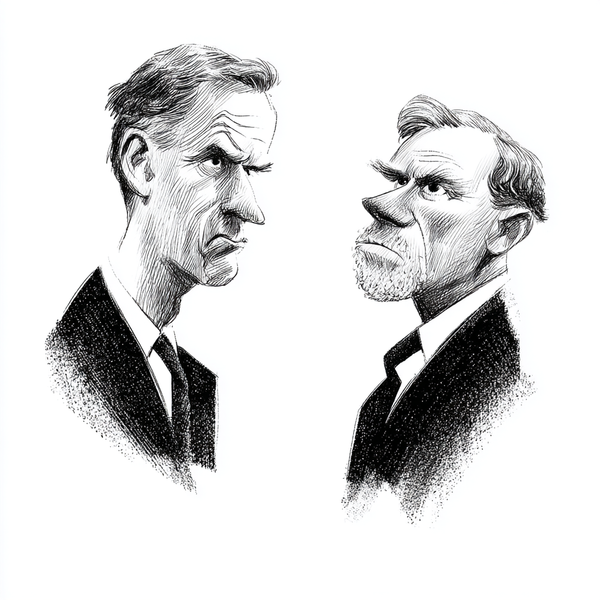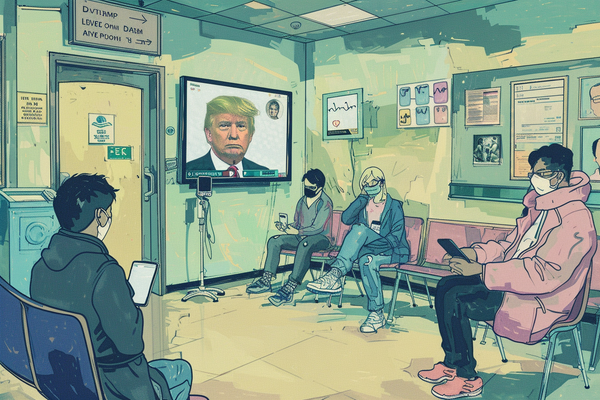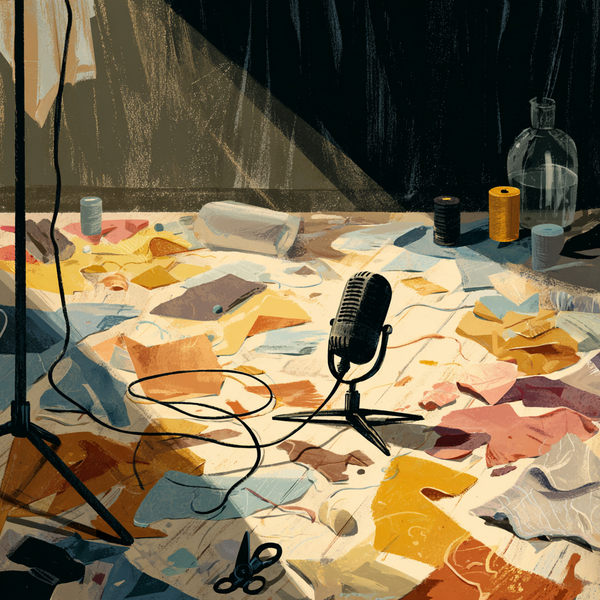Recho Omondi has always been fashion’s sharpest thorn. Before she ever picked up a microphone, she was a designer—an insider who understood the industry’s textures and silences. But it was with The Cutting Room Floor, the podcast she launched in 2018, that she became notorious. Fashion had long been allergic to frankness, preferring gloss and access over critique. Omondi broke that pact. She named names. She mocked Leandra Medine Cohen of Man Repeller for being, in her words, “the worst-case scenario of someone born into privilege and calling it work.” She described Emily Weiss’s Glossier as “a business model built on unpaid interns and millennial pink.” She even accused the New York Times’ Vanessa Friedman of filing coverage “closer to PR than criticism.” In an era addicted to cancellation, Omondi’s tone was a perfect match. She didn’t critique, she eviscerated.
Which makes the present moment difficult to ignore. A job listing tied to Omondi’s brand circulated online: a full-time role in New York City, five days a week in-office, from 9:30 a.m. to 6 p.m., for a salary of $55,000. The position, according to screenshots, offered no health insurance or benefits. The outrage was immediate. In one of the world’s most expensive cities, the posting read less like an opportunity and more like a trap—an opening available only to those with outside wealth. Worse still, in 2025, the minimum salary required in New York City for exempt employees is $64,350 a year. Anything less, under state law, requires overtime. Omondi’s job wasn’t just exploitative; it sat on the edge of illegality.
The contradiction was almost cinematic. The same woman who built a career exposing fashion’s inequities was accused of recreating them in miniature. The same voice that sneered at privilege now offered a role only the privileged could afford to accept. Fans who once applauded her bloodletting found themselves asking a simpler question: why choose to be awful? After all, in 2025, demanding five days a week in the office, with hours that stretch well past forty a week, doesn’t feel like an accident of budgeting or oversight. It feels intentional. It feels like cruelty disguised as culture.
Part of the answer may be that Omondi has not adjusted to the cultural shift. Her podcast rose at the peak of cancel culture, a time when audiences thrilled at the spectacle of public ruin. The joy was in the spectacle, the humiliation, the blood. But the ground has moved. Cancel culture has curdled, and in its place is something else: accountability. Fans no longer demand exits; they demand coherence. The new expectation is that public figures live up to the values they espouse. The demand is consistency, not carnage.
And this is where Omondi falters. When confronted with her own contradictions, she has offered little response. Silence, in the age of accountability, is not neutrality—it is refusal. The gap between her old critique and her present practice has become impossible to ignore. What once felt like spectacle now reads as hypocrisy, and what once felt like provocation now risks looking like exploitation. Cancel culture was toxic because it demanded ruin. Accountability culture, by contrast, is more modest: it demands responsibility. But Omondi, faced with this new demand, seems unwilling or unable to rise to it.
That leaves the irony hanging in the air. A canceller who cannot exist in a world beyond cancellation. A voice that once demanded accountability from others, but rejects it for herself. Cancel culture built her name; accountability culture is dismantling it. And unless Omondi adapts, the final act may write itself: the critic who cancels herself.
Written by










